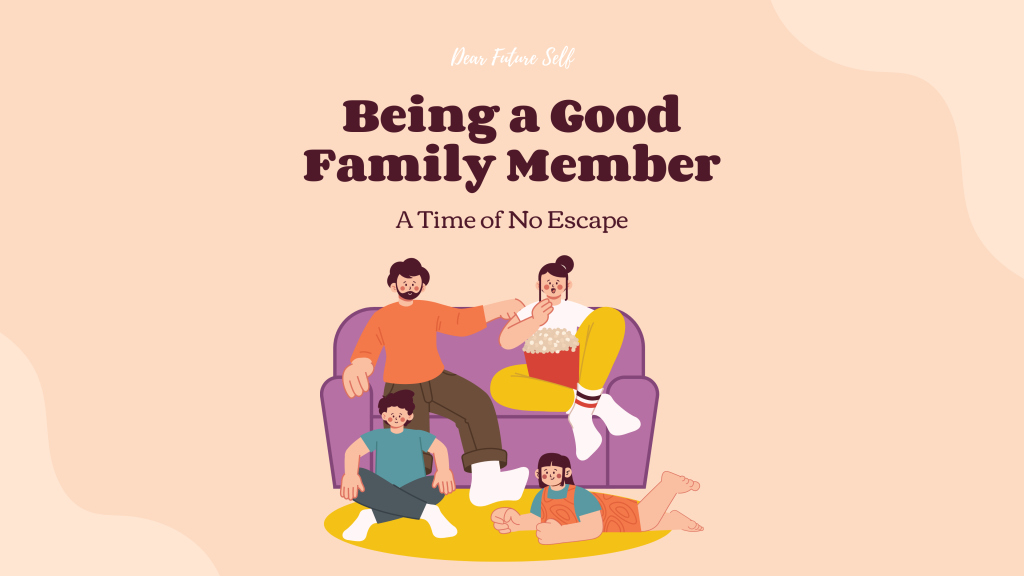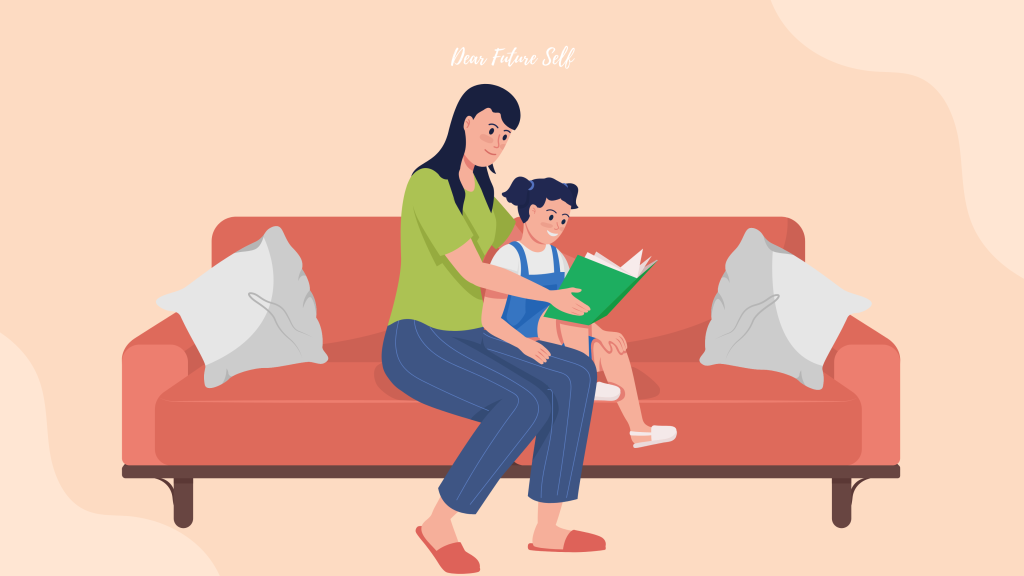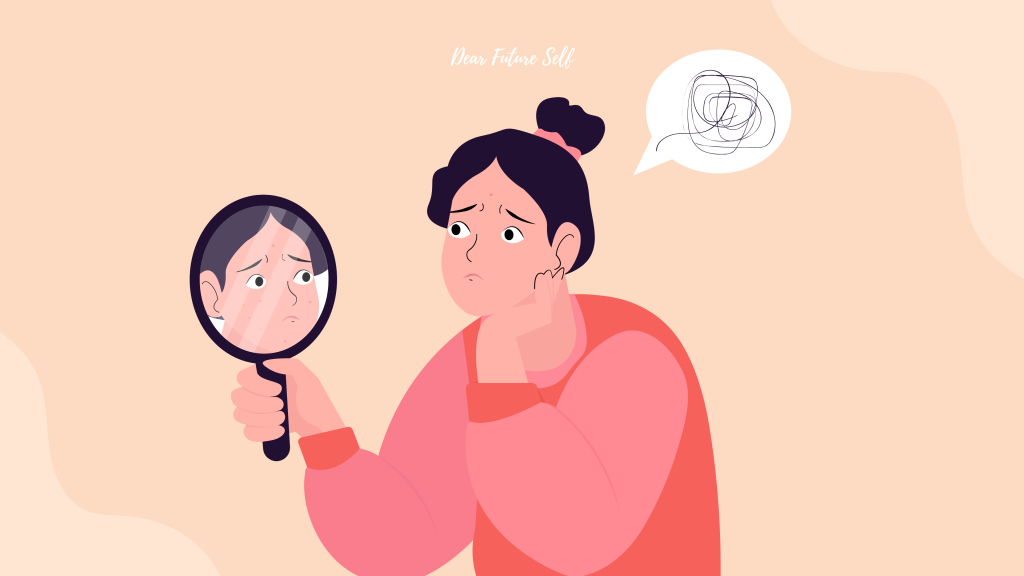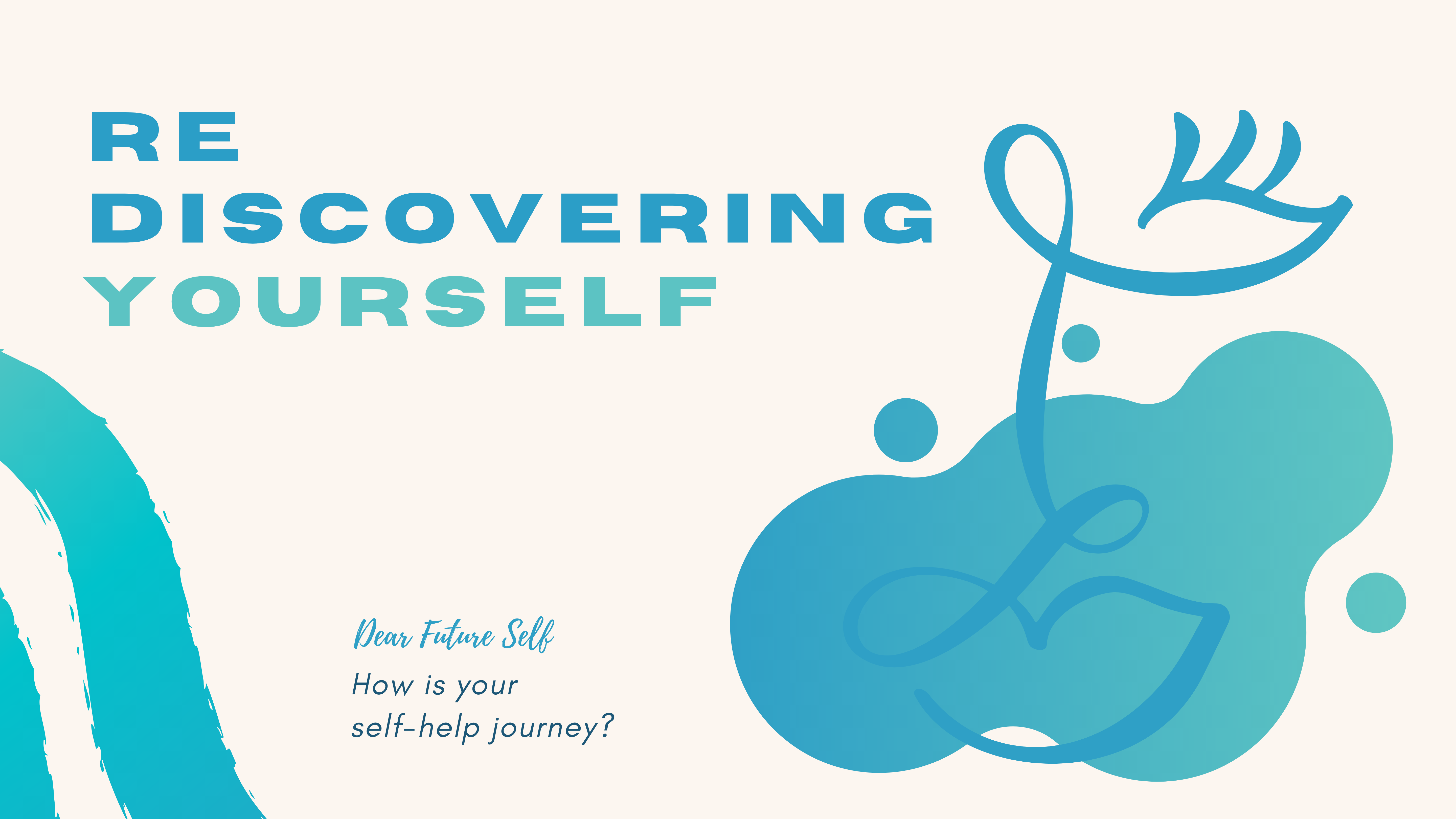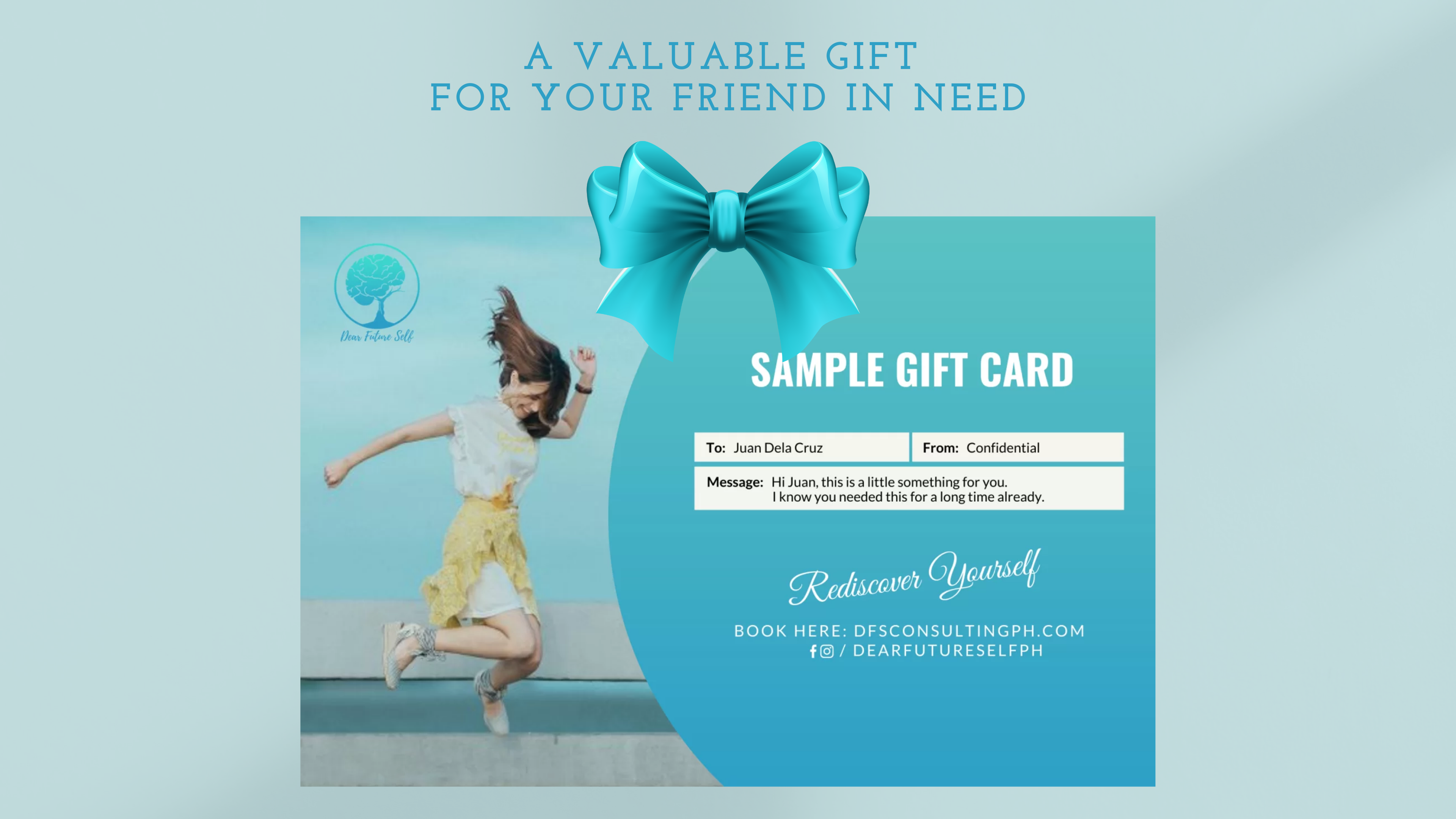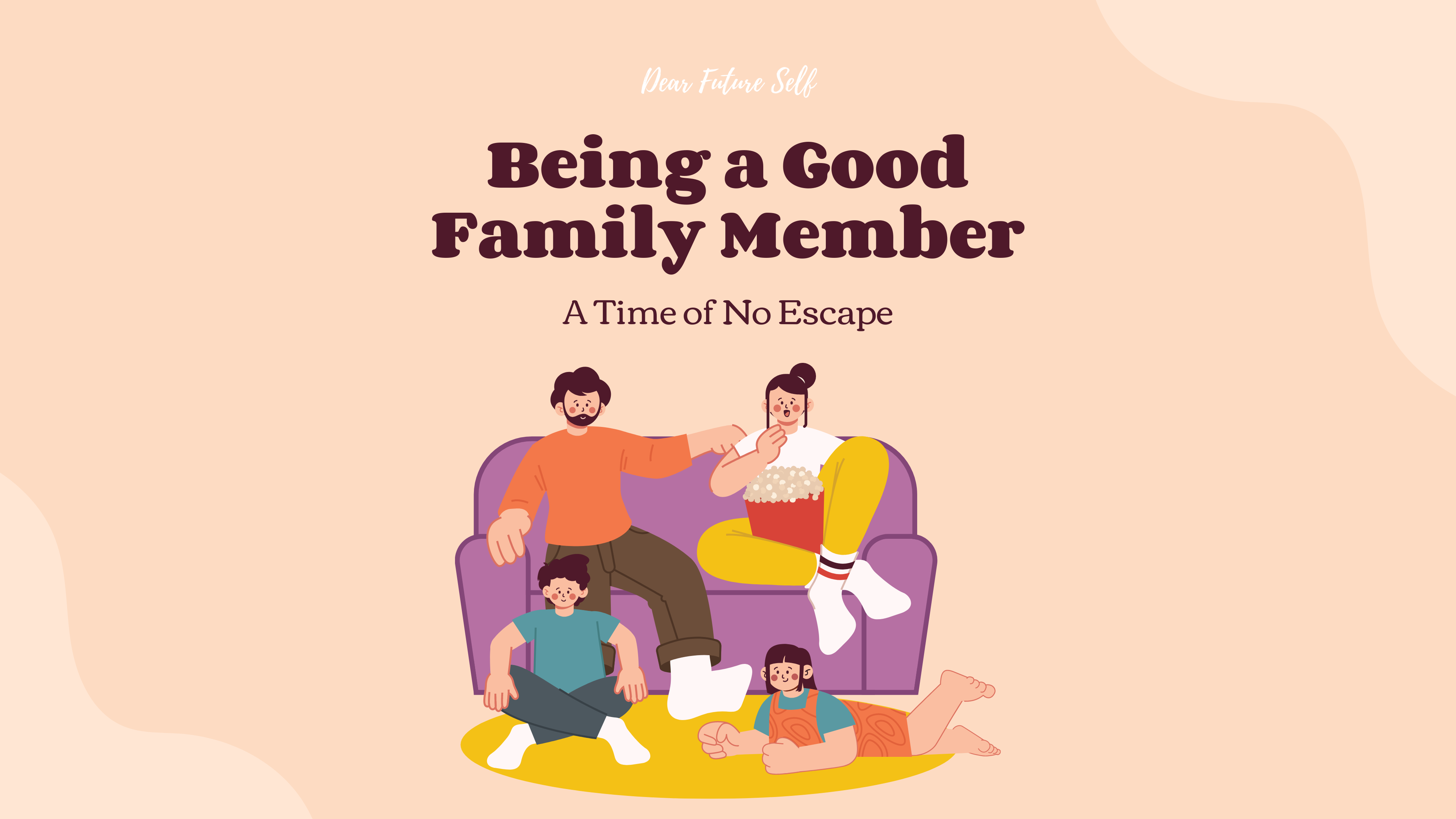
07 Jan Being A Good Family Member Time of No Escape
WORKING AS A FAMILY MEMBER
There are times when families spend extended periods together at home—whether due to personal circumstances, remote work, changes in school routines, or lifestyle transitions. During these times, there’s often a greater expectation for family members to connect, support one another, and strengthen their bonds.
However, not all families function smoothly under the same roof. Unresolved tensions or longstanding issues may make it difficult for some members to communicate openly or feel at ease in their own homes. Additional stressors—such as job loss, financial concerns, remote work challenges, online learning, or mental health conditions—can further strain relationships. In some households, unhealthy or abusive dynamics can pose serious safety concerns for both adults and children.
Despite these challenges, there are ways to foster healthier relationships, maintain a comfortable living environment, and strengthen the family unit.
Maintaining and resolving issues within the couples/parents (Tissera, 2020):
Open communication is key. Reach out when something is bothering you. Talking early and honestly can help reduce tension and prevent conflicts from escalating.
Acknowledge each other’s concerns. Face challenges as a team. Commit to resolving conflicts with empathy and without letting emotions take over the conversation.
Prioritize quality time together. Engaging in shared, relaxing activities can strengthen emotional connection and help couples grow closer.
Maintaining and resolving issues within the whole family (Adler-Baeder, 2020):
Create a safe and supportive home environment. If safety is a concern due to harmful behavior in the household, seek support from trusted individuals or local resources to protect yourself and others.
Encourage self-care practices. Talk with family members about the importance of rest, healthy eating, exercise, and mindfulness. When individuals take care of themselves, they are often more patient and understanding in their relationships with others.
Balance togetherness with personal space. Respect each other’s need for privacy. In smaller living spaces, create shared schedules for work, school, or other activities to help the household function smoothly.
Practice empathy. Take time to ask each other—whether children, parents, or siblings—how they are feeling. The goal isn’t always to fix a problem, but to make others feel heard, understood, and safe.
Establish routines and shared expectations. Introduce household rules or agreements that reflect fairness and cooperation. Revisit and adjust them over time to meet the evolving needs of the family.
Practice forgiveness. Letting go of past hurts can ease tension and strengthen emotional connections. Modeling forgiveness also helps children learn essential skills for conflict resolution and healthy communication.
Support members facing mental or physical health challenges. Be present for family members who are struggling and encourage them to seek professional help if needed. Showing consistent care helps create a strong support system.
Our families are often our closest social networks. That’s why understanding each member as an individual—and offering our support where we can—is so important. Conflicts are inevitable, but how we address them can make all the difference. Openness, patience, and empathy can help us build healthier relationships and create a more peaceful home environment.
How are you seeing your ![]() when it comes to managing your primary social group?
when it comes to managing your primary social group?
References:
Tissera, H. (2020, June 10). Maintaining Close Relationships During a Pandemic. Retrieved from https://www.spsp.org/news-center/announcements/maintaining-relationships-pandemic.
Adler-Baeder, F. (2020, April 4). How to maintain healthy relationships during quarantine, social distancing. Retrieved from http://ocm.auburn.edu/experts/2020/03/251110-quarantine-healthy-relationships.php.
Self-Help Corner
Seek Professional Help

Gift Certificates & Self-Care Package
Connect with Us


